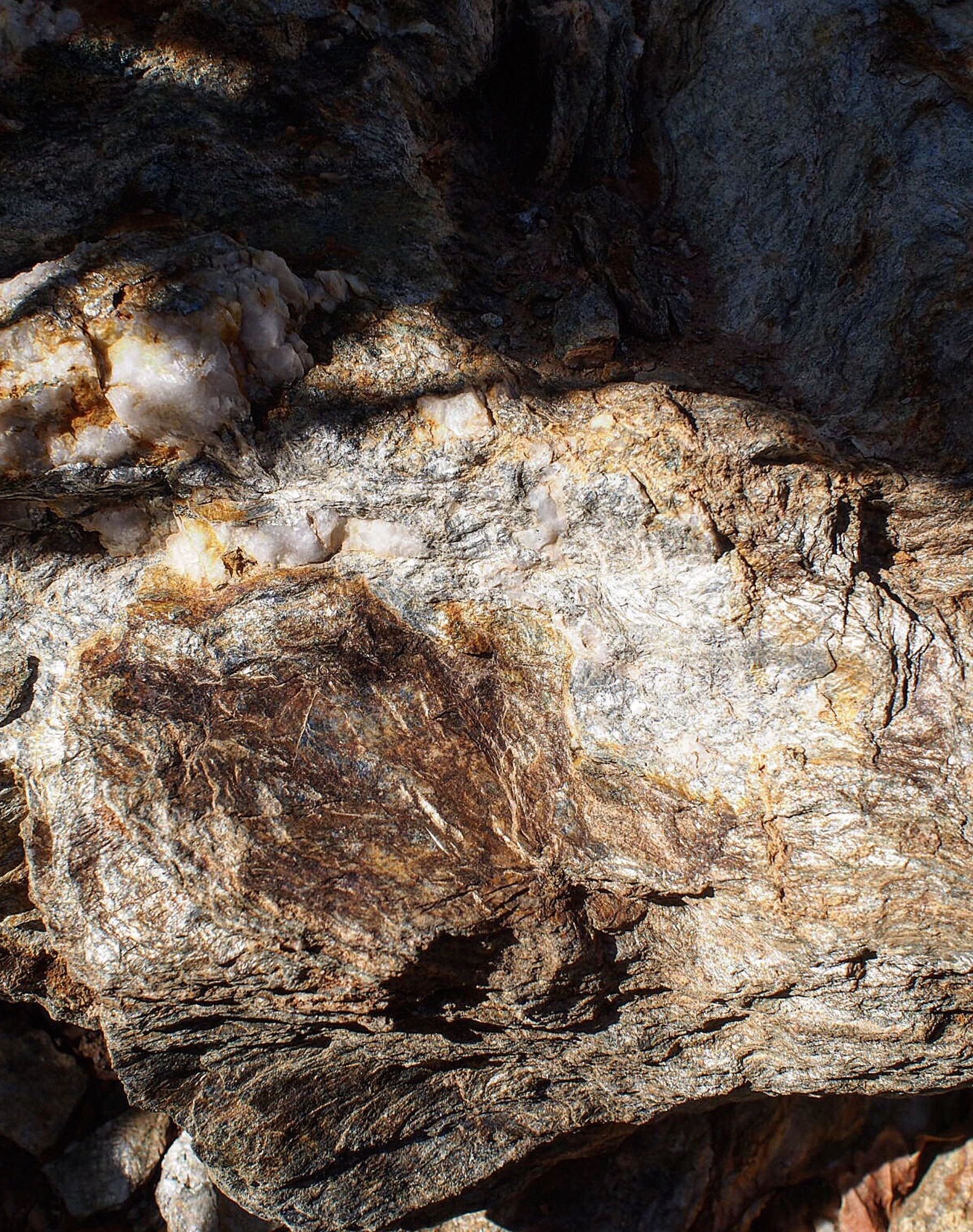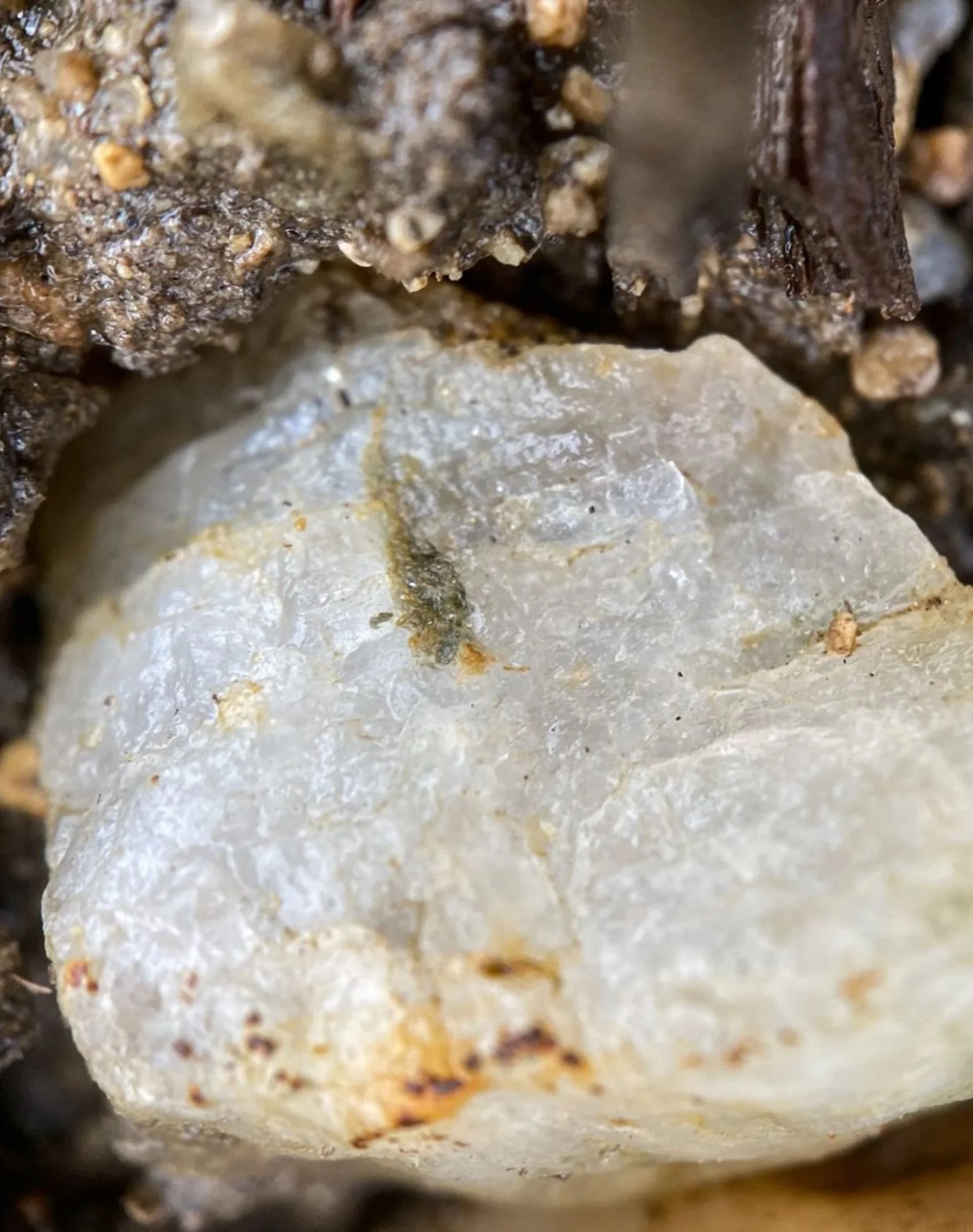Minerality in Wine: Fact and Theory
If there's one tasting descriptor that seems to get a lot of wine people worked up, it's minerality. Some people hate the imprecision of the term, and point out that it means different things to different people. Others, myself included, frequently refer to 'mineral' in our tasting notes. Apparently, this descriptor was hardly ever used in the past, but it's quite common now.
How do I define it? For me, it's a lot to do with the texture of the wine, and how it feels in my mouth. It's not just about the acidity, although wines with higher acidity tend to be more mineral. The reason people get upset about 'mineral' is because they take the word literally. This is daft, because aren't we using mineral in a non-literal way? When I say that a wine is 'leathery', I'm not implying that there is actually leather in the wine. If a wine is described as 'velvety', should we be having seminars on velvet in wine, as people do with mineral?!
Minerality in Wine: The Facts
Plants create organic compounds by photosynthesis, which requires water, light, carbon dioxide, nitrogen and mineral ions. The water, dissolved mineral ions and nitrogen are taken up by the roots. Some of that transport is active (the roots specifically take up certain ions), and some is passive (the dissolved ions get taken up with water).
These mineral ions don't taste of all that much, although clearly mineral waters do have a certain taste, especially when the level of minerals is quite high.
It is really unlikely that minerality in wine is as simple as tasting these minerals. But this emphatically doesn't mean that soils aren't important in shaping the flavour of wine, and it doesn't mean we should stop using the term mineral.
Schist at Porseleinberg in the Swartland (South Africa)
Quartz at Wenzel, in the Burgenland (Austria)
Minerality in Wine: The Theory
I think it is possible to taste the influence of different soil types in wine. Of course, when we talk of vineyard soils we are entering into a discussion that involves geology and soil science, and in reality we use quite simplistic terms to describe what is actually much more complex. But, for example, I think that sometimes experienced tasters can detect the influence that limestone, or schist, or granite has on the flavour of a wine. In some wines the influence of the soil is obliterated by too much winemaking, or by factors like excessive ripeness. But in sensitively made wines, often you can detect something of the soil type when you have trained yourself to listen to its voice.
I recently had a winemaker, Dirk Niepoort, test me on this.
He handed me a glass and said,
“Jamie, what soil does this wine come from?”
I smelt, tasted, and replied,
“Granite."
I was right.
It's hard to explain why I gave this answer, but I get a sense of brightness and precision from granite.
I spoke with sommelier-turned-winemaker Rajat Parr. I know that he also spends much time contemplating theories of taste. He muses,
“It largely depends on grape varieties and colour. I tend to associate limestone with saltiness, if the variety isn’t too ripe, and in red wines it adds an angular sort of tannin. Granite, meanwhile, gives a chewier tannin structure, and even a certain bitterness. Schist gives a much softer texture.”
He adds,
“BUT - you see - all of this can change. If the wine is too ripe, or if there’s too much new oak, you can lose the essence of the soil. The interesting thing is that the soil type will return in 20 years’ time or so when the oak taste has dissipated. The only exception to the rule is the low tannin Pinot Noir, which can work with new oak, as new oak seems to somehow build on the tannin alone. By no means does this always happen, however, and it often goes wrong. It takes great skill and knowledge.”
He thinks for a minute, before continuing,
“On the other hand, extremely low extraction for red wines also might make it harder to gauge soil type. There is such a fine line..."
It is, of course, an inexact science. But isn’t it very exciting to think about exploring the subject further, perhaps through systematic tastings? In some countries, like Germany and Austria, the idea is so well entrenched that quite a few producers name their wines after their soil types, and I think this is a positive development.
What is the mechanism for this soil type to wine flavour transmission? It's hard to tease out, but our knowledge of plant biology doesn't rule out the possibility of an indirect route in which soil chemistry and water-holding characteristics alter the gene expression in the grape, which could then affect wine flavour.
It's all part of what makes wine so interesting, isn’t it?


